The box set has collaborations with many great American non-fictional characters, including Allen Toussaint, Rosanne Cash, Dave Bartholomew, Gillian Welch, David Rawlings, and Emmylou Harris. I particularly love Lucinda Williams. You clearly love Lucinda Williams.
She’s the second-best Williams in music. I think even she would tell you that.
When you're in the studio with her, you can't tell whether she's going to get there because her process is different from mine. We did “Jailhouse Tears.” I thought, I don't think we're going to get this today. It doesn't seem like she really wants to do it. She was fussing with the headphones. And then suddenly she came on beam. And it was like, oh my God, now I better pay attention.
There’s an enormous amount of music and variety in this set. Is there a theme?
The best way I can describe it is the first encounter with some of the music. So it requires me to explain [in the liner notes] the mechanism through which I received messages from overseas as my father, grandfather, my mother had all done, and worked out a different agenda from them.
How do you find new music today? Do you just let Spotify feed you stuff?
I don't. I have an account, but I only ever go there if somebody sends me something.
Who's the best young rock band working now? Is it Paramore? The 1975? Maneskin?
Maneskin I've seen a few times. I like them. I've not listened to rock music. My son likes Foster the People. But his favorite band is Justice. They're French. I would say it's a kind of techno prog band. We went to see them in Brooklyn. Twenty-four hours after I played Wolf Trap, I was in a warehouse in Brooklyn watching Justice. And it was fucking great. One of the great shows I've ever been to. It was thrilling.
When this ends for you—and I hope it’s not for another 100 years—your first two albums will inevitably dominate your public legacy, even with all the other terrific music you’ve made since. Does that matter to you?
At different times I've wrestled with that a little bit…When my father died, he was the voice of a very famous lemonade commercial. The headlines actually said, “Secret lemonade drinker dies.” As if he'd never done anything else in a 50-year career. I don't doubt a similar indignity will accompany my demise. But the truth of it is, if you wrote a song 50 years ago, which it almost is since I wrote the first drafts of “Alison,” and that’s still being played by anybody—well, think about what year it was when I started writing the songs which I’m known for. Some of them come from 1975. Trace back 50 years from that and tell me what songs were still being played [in the mid-seventies]. If they’re enduring, they’re regarded as standards. So whether anybody else likes it or not, there are a few that I guess have joined that company. I don’t, self-consciously, regard them that way, but it is a historical fact. The odd thing to say is, very few of my songs are performed by other people. By far the most successful and ubiquitous music to other performers that I’ve been involved in writing is The Juliet Letters…Not so many people are playing—other than maybe “Pump It Up.” And then mostly not playing it but alluding to it in their own arrangements. Like Olivia Rodrigo’s producer obviously did. Now, I did not find any reason to go after them legally for that, because I think it would be ludicrous. It’s a shared language of music. Other people clearly felt differently about other songs on that record. But if there were no quotations, there’d be no Bach. There’d be no Mozart. There’d be no Sonny Rollins. So we can’t start worrying about that.
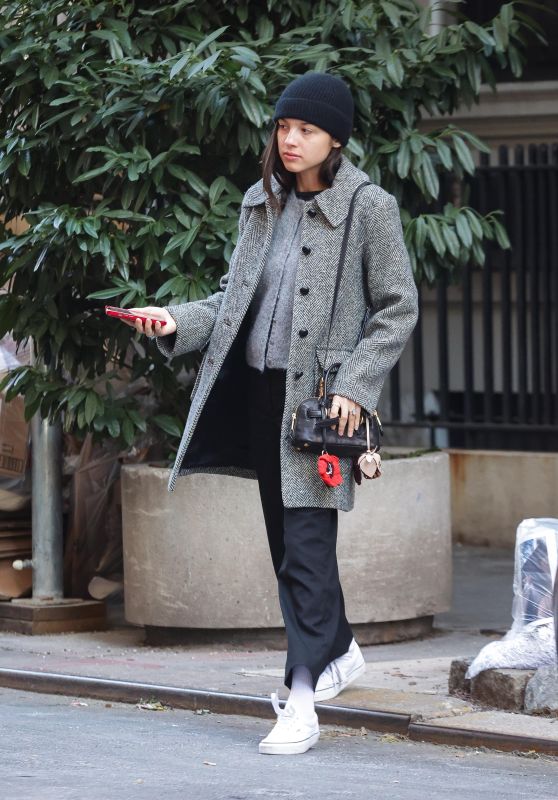
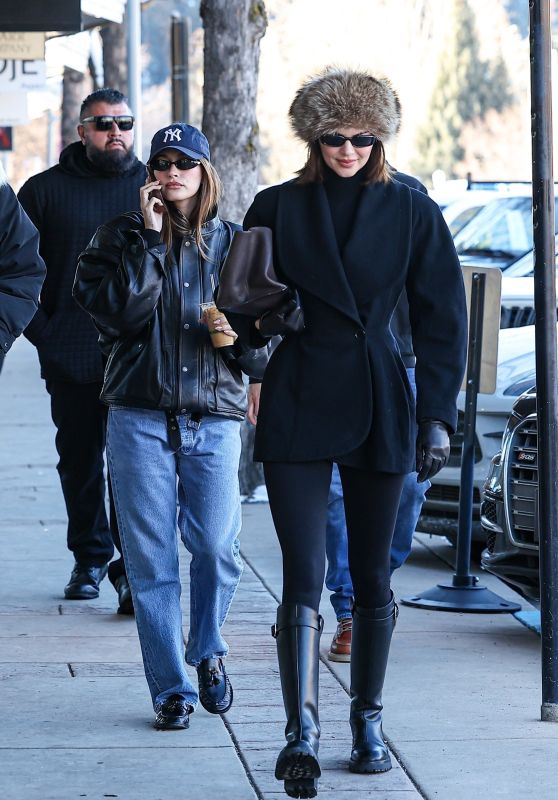
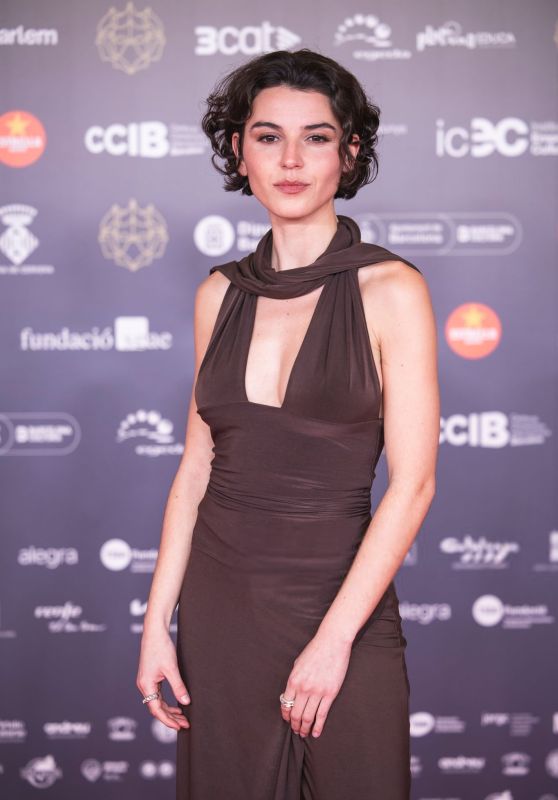
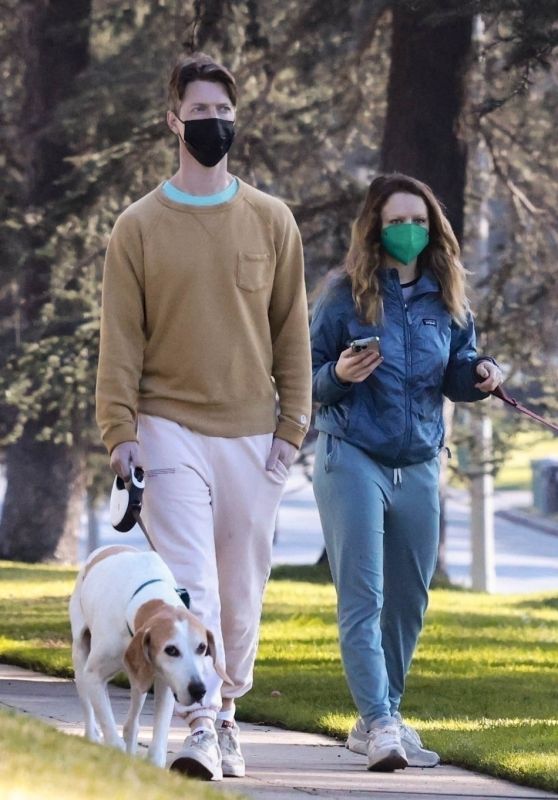

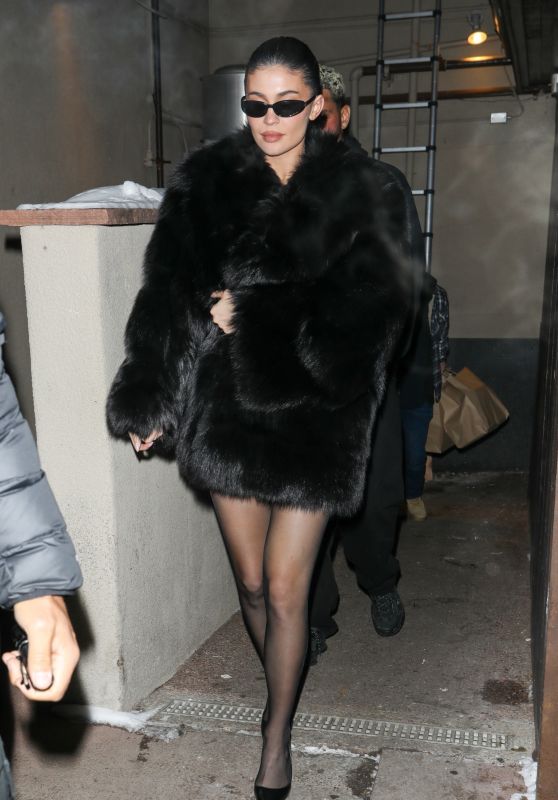
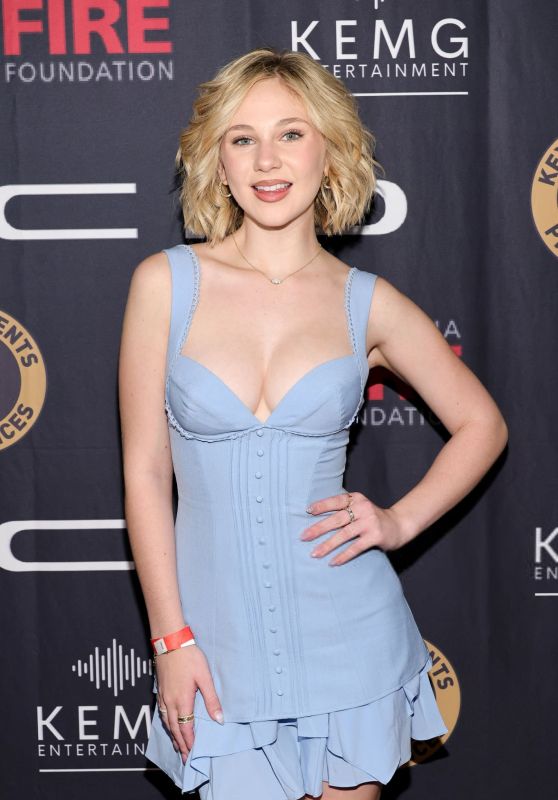
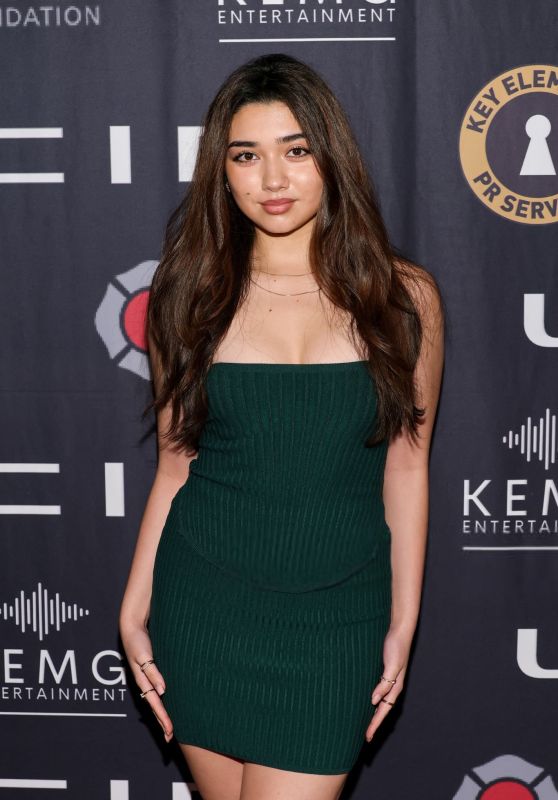
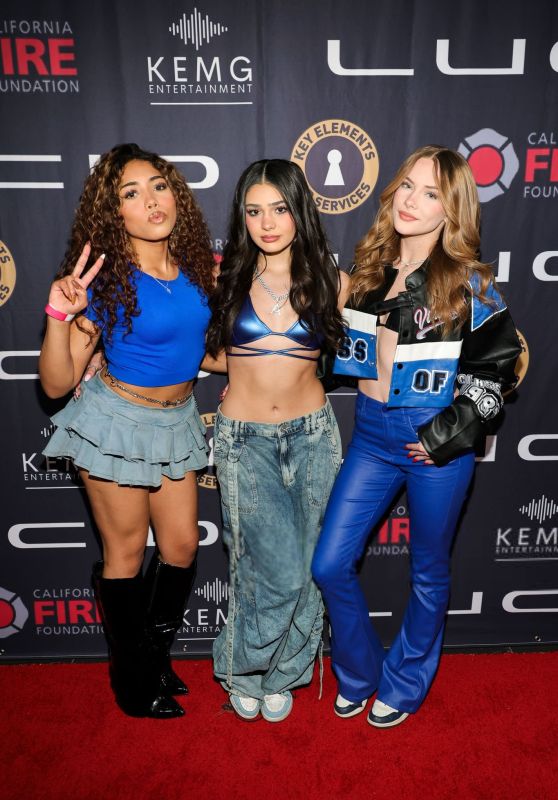
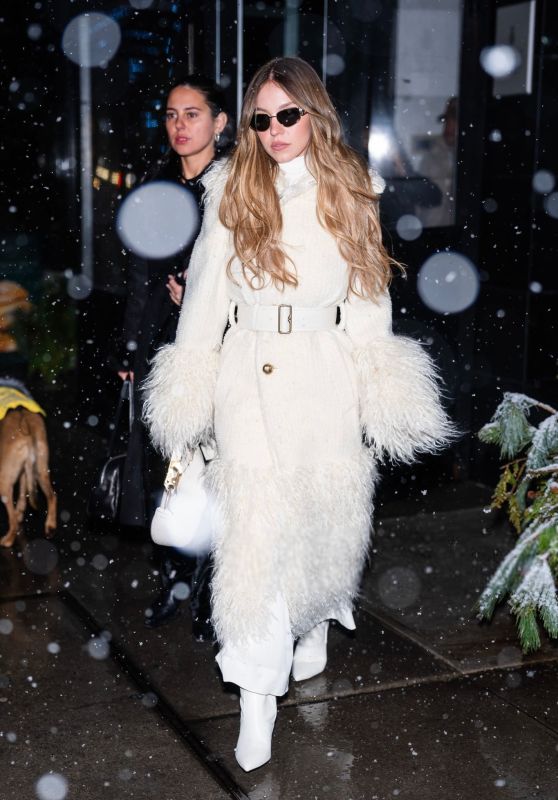
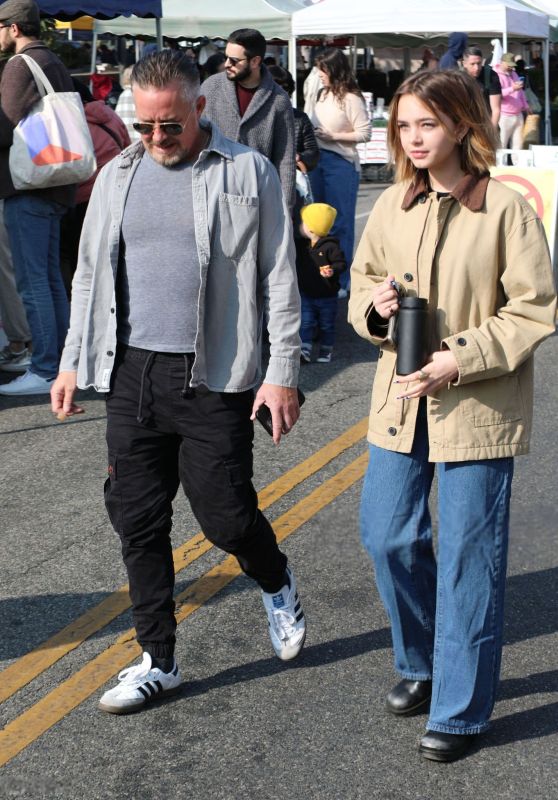









 English (US) ·
English (US) ·